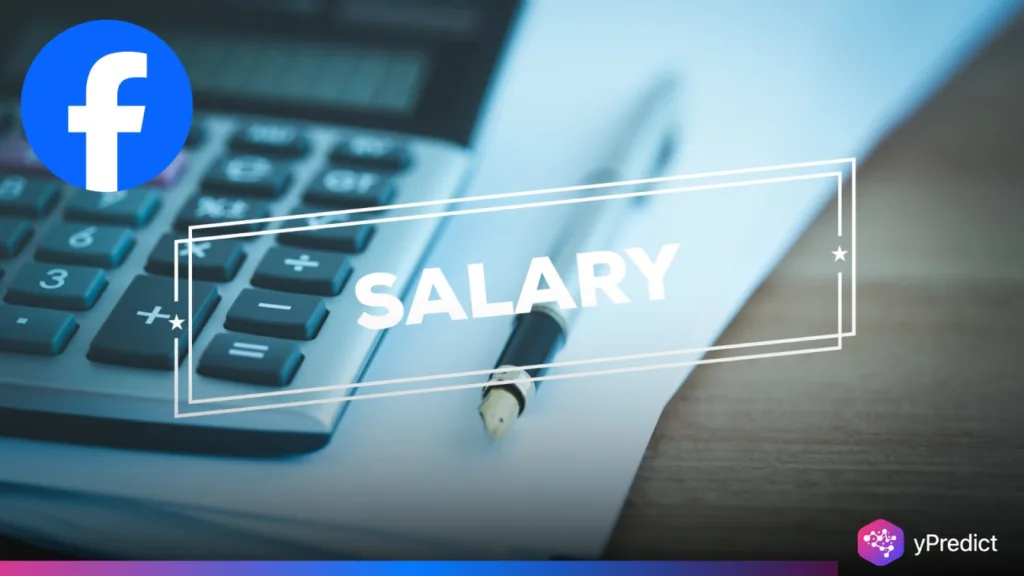
Gary’s (@plzbepatient) recent post on X has sparked heated debates regarding AI talent economics and immigration’s impact on that workforce. His tweet–“Facebook was throwing 9 figure job offers for AI people. A hundred grand is nothing.”—captures to the head-spinning economic stakes of our current AI race. With Meta (Facebook’s parent) reportedly distributing hundreds of millions in compensation packages, the discussion has spilled over from paychecks to equity, regulation, and global labor migration. Today’s show reveals how a single company’s hunt for talent mirrors broader battles in tech, politics and culture.
Facebook’sBig Bets on AI Talent
Facebook is now a crucible in the battle for top AI talent, offering mind-blowing compensation deals that dwarf standard salaries. And they’re not merely offers – they’re citing offers of more than $300 million over four years, with first-year compensation exceeding $100 million in some instances. These figures highlight how Facebook views AI talent at the center of its long-term strategy as it races rivals such as OpenAI and Google. Gary’s shrugging off $100,000 as “nothing” illustrates how skewed the market between top-tier researchers and the remainder of the AI labor pool is, where six figures remains a ceiling, not a floor.
But Facebook’s strategy is representative of economics. AI talent demand is growing 20% annually. According to McKinsey, but supply is constrained. Corporations can do little else, then, but to hunt rare specialists down at any cost. But these headline-grabbing offers also have the potential to contribute to growing inequality in the AI industry, as wealth piles up at the top, leaving mid-level talent still relatively modestly compensated. For Facebook, though, these bets are framed as necessary. A commitment to capabilities that can’t be outsourced or automated. In that respect, Facebook isn’t just battling for talent, it’s also transforming the price of expertise in an AI economy.
Immigration, H-1B Visas, and Backlash.
The debate sparked by Gary’s post soon shifted to immigration, and in particular the H-1B visa. Facebook and other tech giants have long depended on this pathway for global talent. Yet critics say the program is exploited to staff lower-wage jobs. One reply cited ChatGPT’s portrayal of H-1B misuse at gas stations and motels, fueling suspicion that the system truly prioritizes high-skill roles. This tension mirrors wider U.S. policy debates, where regulatory tightening seeks to guarantee the visas are used for their original intention. Luring specialized, in-demand workers.
But for AI talent specifically, immigration can be a key source. NBER found that nearly 70% of AI high-skill jobs require in-person collaboration, making outsourcing impossible. Facebook’s nine-figure bids funnel to those whose skill won’t ship to Bangladesh, making visa portals the ace facilitator. Still, comments like “how badly they want to replace us with Indians” underscore the cultural friction of globalized labor. For Facebook and its peers, the challenge is how to aggressively recruit while transparently and ethically showing the world, their employees and everyone else, why it’s still worth trusting them.
A Pivotal Moment for AI and for All of Us
Gary’s quip about Facebook’s 9-figure offers sums up the intersection of economics, technology, and policy in our current AI moment. That $100,000 can be shrugged off as peanuts by top researchers highlights not only the scarcity of that talent, but the vast resources Facebook and the others can afford to burn. But underneath the coverage of the immigration and inequality and workforce strategy battles, it reveals fundamental societal tension. Facebook’s bold moves may eventually benefit the broader AI community—or further divide it—only time will tell. What’s certain is that the decisions we make today will shape the work to come in an AI-powered world.





